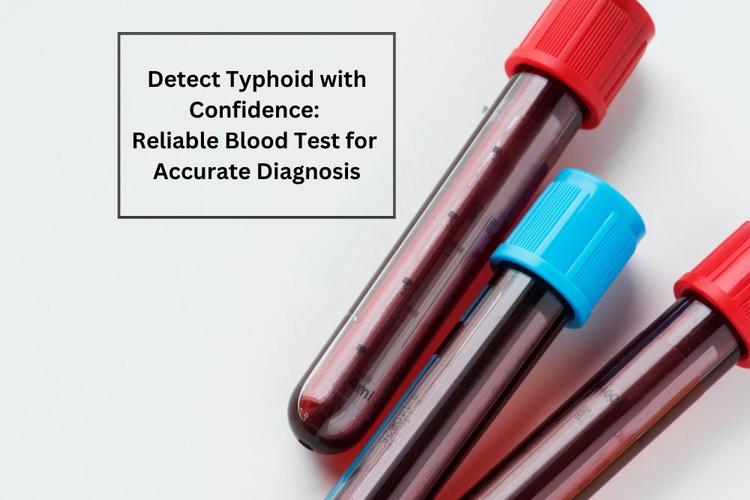Erythrocyte Sedimentation Rate (ESR) - normal range & causes

Medically Reviewed By
Dr Divya Rohra
Written By Prekshi Garg
on Aug 7, 2022
Last Edit Made By Prekshi Garg
on Mar 18, 2024

Erythrocyte sedimentation test or the ESR blood test is generally recommended by a doctor when they suspect some inflammation in your body. The ESR blood test means the speed at which the red blood cells sink to the bottom of a test tube. The ESR in the blood is measured in mm/hr. A higher sedimentation rate is an indication of high inflammation in your body. In this article, let us learn about the normal values of erythrocyte sedimentation rate according to your age and gender and the causes of abnormal levels of ESR.

What is the normal range of erythrocyte sedimentation rate (ESR)?
The ESR medical abbreviation for erythrocyte sedimentation rate depends on various factors like medicines you use, old age, menstrual cycle, and pregnancy. The erythrocyte sedimentation rate (ESR) is defined as the distance between the plasma (clear liquid collected at the top) and the red blood cells in millimetres observed after 1hour. The ESR blood test normal range as per your age and gender are tabulated below:
| S.No. | Gender | Age | Normal ESR level |
| 1. | Males | Less than 50 years | 0 - 15 mm/hour |
| Greater than 50 years | 0 - 20 mm/hour | ||
| 2. | Females | Less than 50 years | 0 - 20 mm/hour |
| Greater than 50 years | 0 - 30 mm/hour |
What are the causes of abnormal ESR levels?
The ESR levels are not indicative of any particular disease, but it only tells about whether or not there is the presence of inflammation in your body. The values for an ESR test are not very strict as the ultimate low levels of ESR can vary in different situations. The abnormal levels of ESR may indicate a mild symptom or a severe disease. So, you must not be concerned a lot about the abnormal values of your ESR test before concerning them with your doctor.
Causes of high ESR levels
The high levels of ESR can indicate the development of cancerous tissues, especially in cases where no inflammation in the body is found. The ESR levels may exceed the optimum values in case of some commonly associated medical conditions like:
- Ischemia, that is, lack of blood in a tissue
- Tissue injury
- Systemic and localised infectious or inflammatory diseases that can be local or widespread infection
- Trauma
- Increased age
- Anaemia
- Pregnancy
- Types of cancer including multiple myeloma and lymphoma
- Diabetes
- Kidney disease
- Heart disease
- Vasculitis, that is, blood vessel inflammation
- Blood or vascular diseases
- Thyroid disease
- Obesity
- Autoimmune diseases like rheumatoid arthritis, lupus, Waldenstrom’s macroglobulinemia, polymyalgia rheumatic, temporal arteritis, allergic or necrotizing vasculitis, and hyperfibrinogenemia
- Infections like rheumatic fever, systemic infection, skin infection, tuberculosis, bone infection, and heart infections like pericarditis, myocarditis, and endocarditis.
[booktestonwhatsapp code='EST Test']
Causes of Low ESR levels
The ESR levels in your test report may be low because of the following reasons:
- Hypofibrinogenemia, that is, the presence of little fibrinogen in the blood
- Congestive heart failure (CHF)
- Low plasma protein caused due to the liver or kidney disease
- Polycythemia vera, that is, the production of excessive RBCs caused due to a bone marrow disorder
- Leukocytosis, that is, increased levels of white blood cells
- Sickle cell anaemia
Takeaway
Erythrocyte sedimentation rate (ESR) is a blood test that helps doctors predict inflammation in your body. ESR test is generally done with other tests to rule out the possibility of most inflammatory conditions. Various acute and chronic conditions can affect the ESR levels in your body. These conditions may range from autoimmune and cardiovascular diseases to infections and cancer. Now that you know the optimum levels of ESR that should be present in your blood and the causes of abnormally high or low levels of ESR, you will be able to assess your blood report.
Frequently Asked Questions (FAQs)
-
What does it mean if your ESR is high?
High ESR levels indicate that there is the presence of inflammation in your body.
-
What infections cause high ESR?
Infections like rheumatic fever, systemic infection, skin infection, tuberculosis, bone infection, and heart infections like pericarditis, myocarditis, and endocarditis can lead to high ESR levels.
-
What is a normal ESR level?
The normal ESR level ranges from 0-30 mm/h in females and 0-20 mm/hr in males.



